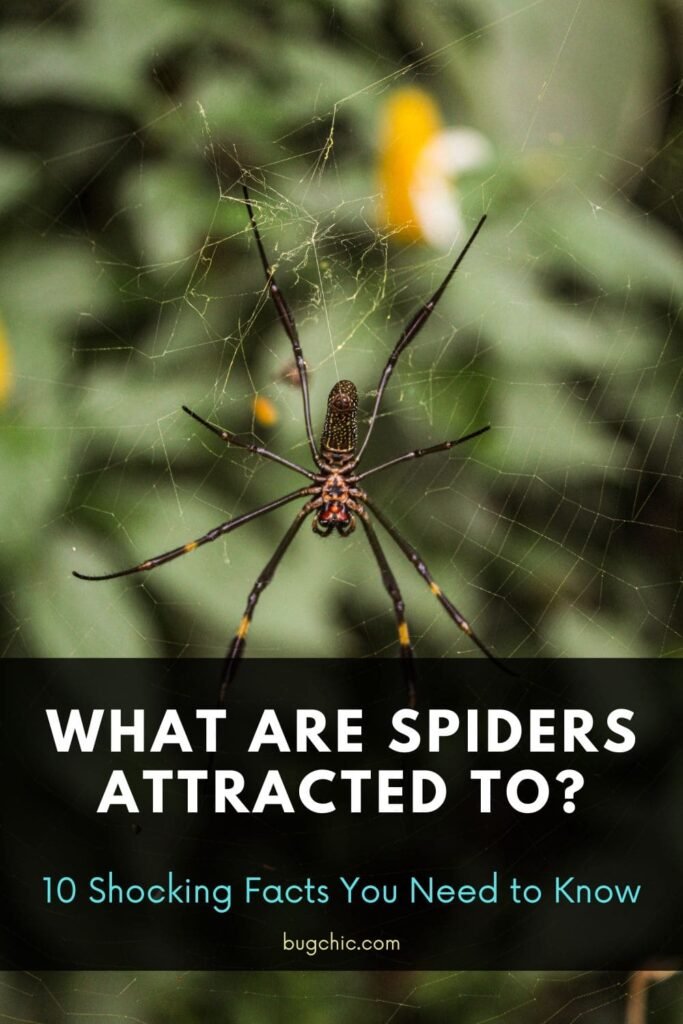

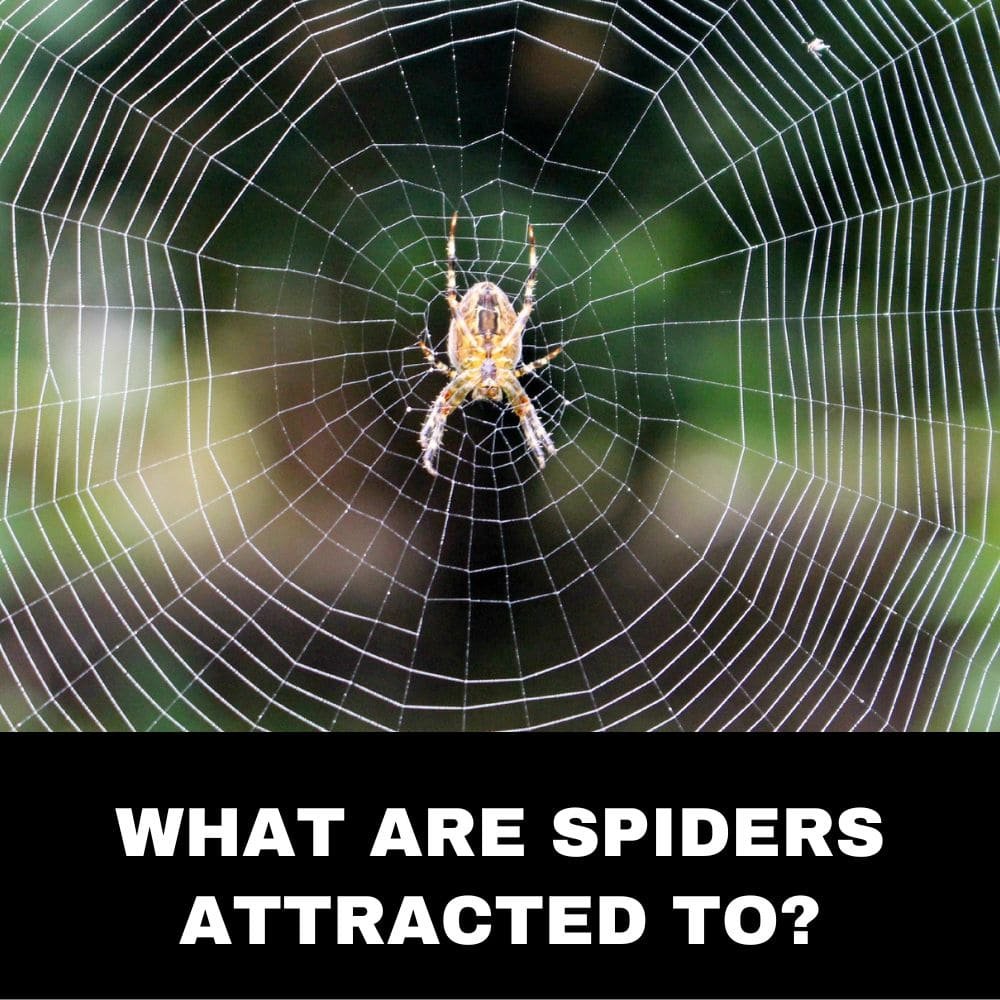
If you’ve ever wondered What are Spiders Attracted to your home, you’re not alone. Understanding what draws spiders inside can help you implement targeted spider prevention and control methods. In this blog, we’ll cover the top 10 surprising spider attraction factors.
Spiders in the house tend to be seeking food, shelter, moisture and warmth. But they also exhibit odd attractions to things like vibrations, electromagnetic fields and each other’s presence.
Learning about spider behavior and habitat preferences allows you to curb their access and create a spider-unfriendly environment. Read on to learn pro pest control tips for keeping a spider-free home.
Spider infestations often involve:
Both species can startle homeowners but are largely harmless. Understanding their habits provides spider prevention insights.
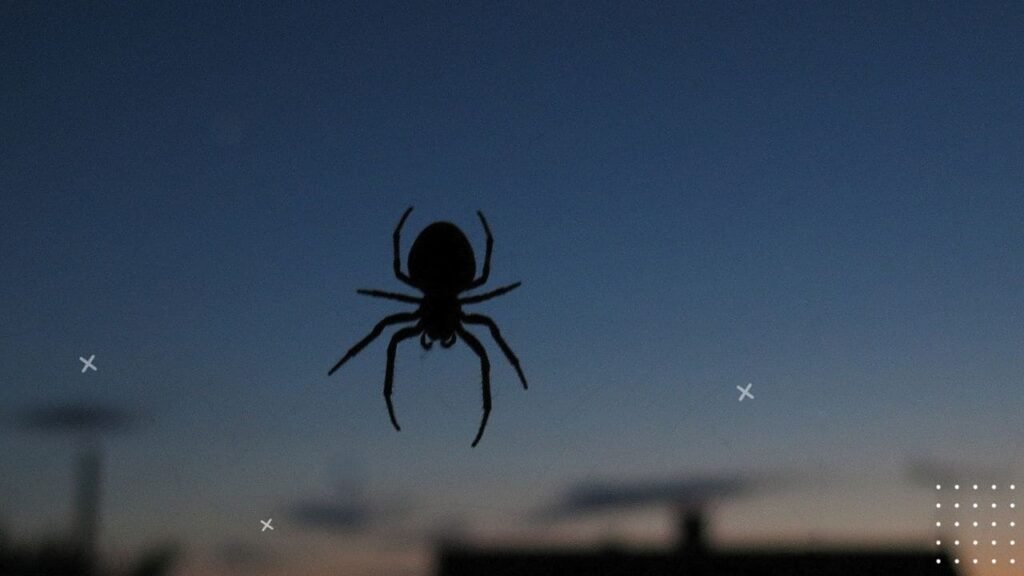
Attracting spiders inside involves providing:
But what specifically entices spiders inside? Let’s review the top 10 surprising attractants.
| Entry Point | Description | Sealing Tips |
|---|---|---|
| Doors | Gaps under doors and around frames provide access | Install weatherstripping around doors, use door sweeps |
| Windows | Damaged screens and gaps around frames allow entry | Repair or replace damaged screens, caulk and seal gaps |
| Vents | Vents for HVAC systems, plumbing, etc. have openings spiders can crawl through | Seal vents with fine mesh screens |
| Electrical outlets | Spiders can fit through small gaps around wiring into walls | Seal outlets with foam gaskets or caulk |
| Plumbing holes | Gaps around pipes where they enter walls are targets | Seal gaps with steel wool, caulk or plaster |
| Foundation cracks | Small cracks and gaps in foundation are perfect spider entryways | Fill cracks with mortar or caulk |
| Attic vents | Vents in attic ceilings or gable ends allow access | Cover vents with stainless steel mesh screening |
Spiders detect even slight vibrations through sensitive hairs on their legs. Household activities like walking, opening doors, running appliances or plumbing can attract spiders by mimicking prey movement.
Minimize vibrations spiders may interpret as prey by:
Spiders have an acute sense of smell useful for detecting prey and mates at impressive distances. Scents that especially attract them include:
Deter spider interest by:
As cold-blooded creatures, spiders seek out warmth to raise their body temperature and become more active hunters. Indoor heat sources like vents, lights and electronics are enticing substitutes for the sun’s warmth.
Dissuade spider visitors seeking warmth by:
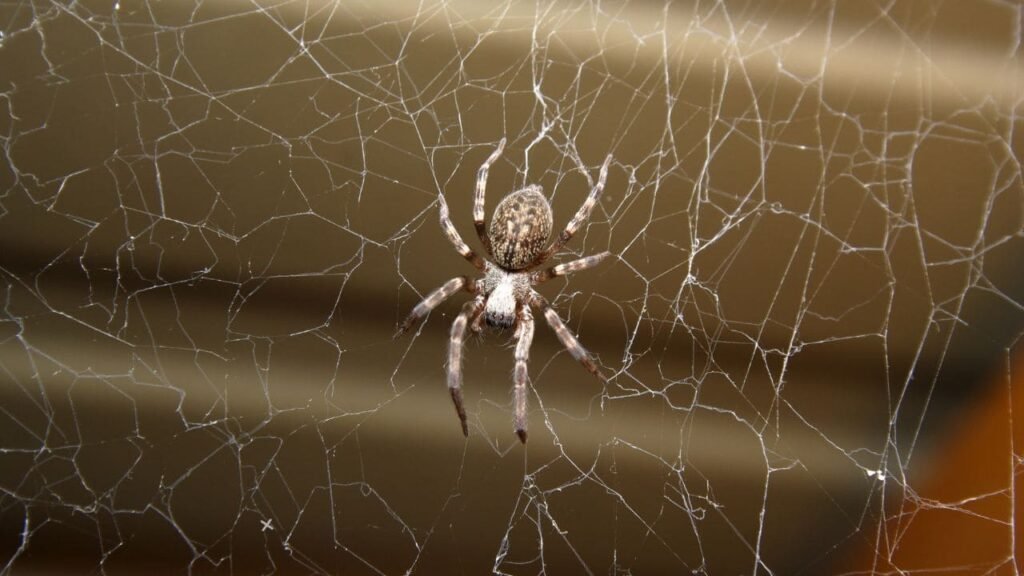
Spiders require humid conditions to absorb moisture through their exoskeleton. Any indoor damp areas mimic their preferred humid habitat.
Lower moisture levels by:
Web building spiders prefer messy, secluded areas with ample anchor points for sturdy webs. Even wandering spiders appreciate clutter for nesting and laying eggs.
Deter spiders by:
Beyond obvious draws like food and shelter, spiders exhibit peculiar attractions including:
Nocturnal spiders thrive around exterior lights, where insect swarms provide bountiful hunting grounds.
Though they aren’t directly drawn to interior lights, these can attract stray insects at night, in turn inviting spiders.
Early research found spiders’ web-building changes near electromagnetic fields emitted by electronics and wiring. These fields may help attract spiders to appliances, outlets and fuse boxes.
Vibrant, aromatic plants release colors, scents and nectars that appeal to insect prey, creating an insect buffet for spiders – especially near:
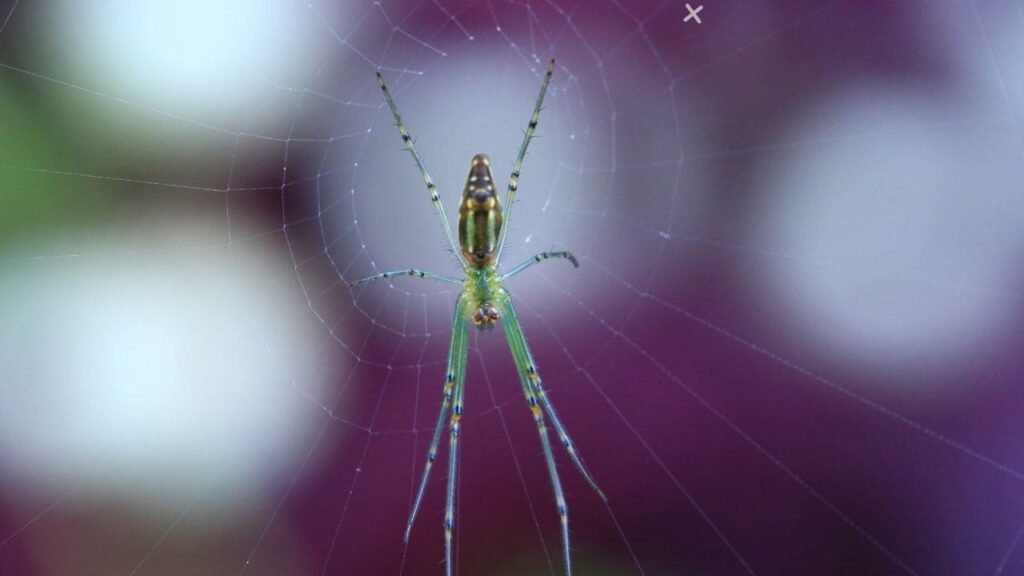
Even solitary spiders seem attracted to areas where others are already present. Seeing a pioneer spider settled signals ideal conditions to newcomers.
Though extremely rare, some spiders like Hobo Spiders and Black Widows occasionally bite people. But nearly all bites happen unintentionally when spiders feel threatened against skin.
Spiders don’t purposely attack or chase humans. Their appearance near us usually reflects accidental encounters, not predatory intent.
Deter spider entry and lingering with these pro tips:
| Location | Prevention Tips |
|---|---|
| Indoors | Vacuum and sweep regularly, especially corners and ceilings. Fix any water leaks immediately. Use dehumidifiers to control moisture. Seal access points like cracks and gaps. Organize storage areas and eliminate clutter. |
| Outdoors | Trim vegetation touching exterior walls. Move debris and wood piles away from foundation. Keep compost bins away from house. Install yellow bug lights at entrances. Apply pesticides around perimeter. |
| Garage and Attic | Seal any entry points between garage and attic and living spaces. Install weatherstripping on garage door. Use plastic sheeting to seal attic openings. Store boxes off floor on shelves. |
| Basement | Dehumidify and eliminate any moisture sources. Seal foundation cracks and gaps. Avoid clutter and store items in sealed containers. |
Certain natural scents deter spiders or interfere with their ability to spin webs. Try incorporating these DIY repellent options:
Though natural options are safer for homes, they may need reapplication more often than commercial pesticide sprays.
Let’s dispel some myths around alleged spider attractants:
For extreme spider issues involving venomous species or hundreds of spiders, professional pest control help may be required. Pros have advanced tools to eliminate spiders inside and prevent re-entry.
Don’t share your home with uninvited arachnids! Call pest experts to reclaim a spider-free space.

In some situations, DIY spider control efforts may not resolve persistent or severe infestations. Signs it’s time to call a pest management professional:
Professional pest control brings stronger chemicals, thorough treatment of hidden areas, and ongoing prevention monitoring. Don’t hesitate to call for backup when spider situations feel beyond your capabilities.
To summarize, spiders exhibit natural attractions to things like food, moisture and shelter. But they also demonstrate odd attraction to vibrations, lights, electromagnetic fields and each other.
Take preventative steps like sealing access points, controlling humidity, organizing clutter, using deterrents and calling pest pros when needed.
Remember, spiders don’t purposefully target humans. Their appearances mostly reflect accidental encounters. Implementing targeted spider control tips can help you reclaim your space and coexist with these peculiar pests from a distance.
What are the most common spiders found inside homes?
The spider species most often encountered indoors in many regions include the brown recluse, wolf spider, jumping spider, cellar spider (aka daddy long legs), black widow, and common house spider. Each has their own habits – web building spiders like the cellar spider and house spider spin irregular webs in corners while hunting spiders like the wolf and brown recluse prowl the ground for prey.
Why do I find spiders in my basement even when the rest of my home seems spider-free?
Basements provide ideal humid, cool conditions spiders relish. Concrete foundations frequently have small cracks and gaps spiders exploit to enter. Basements also see less frequent disruptions from humans walking around, allowing spiders to set up undisturbed webs and nests. Target basement spiders by fixing cracks in the foundation, installing a dehumidifier, eliminating clutter, and sweeping webs frequently.
Are there natural ways to make my home less attractive to spiders?
Yes, introducing scents and plants spiders dislike can create an environment less welcoming to them. Natural spider repellents include essential oils like peppermint, tea tree, and citrus. Spider repellent plants include mint, garlic, basil, marigolds, and chrysanthemums. Used along with sanitation and sealing tactics, these can provide added protection against spider encroachment.
I’m scared of spiders. How can I deal with seeing them frequently in my house?
For extreme spider phobias and anxiety, seek professional pest control and mental health treatment. Therapies like exposure therapy can help overcome arachnophobia. Around the home, enlist help from family to remove spiders and webs whenever possible. Seal access points to reduce likelihood of encounters. Set glue traps in corners to catch spiders. Keep a vacuum handy to rapidly remove those you do encounter before anxiety escalates.
How often should I get professional pest control services for spiders?
Most pest companies recommend interior spider treatments every 2-3 months. Quarterly treatments ensure chemicals don’t wear off for maximum protection. Exterior perimeter treatments can come less often – aim for spring and fall when spiders are most active. For severe infestations, monthly interior treatments may be warranted initially. Work with your pest pro to establish an optimal treatment schedule.
